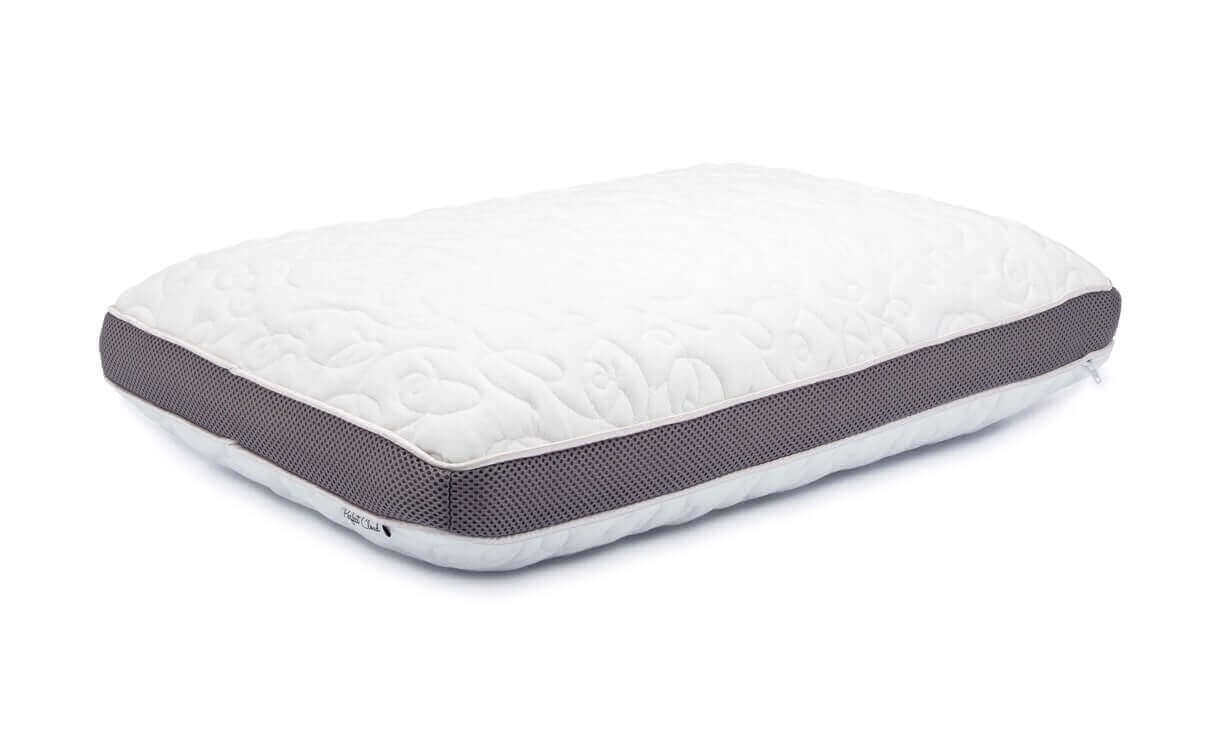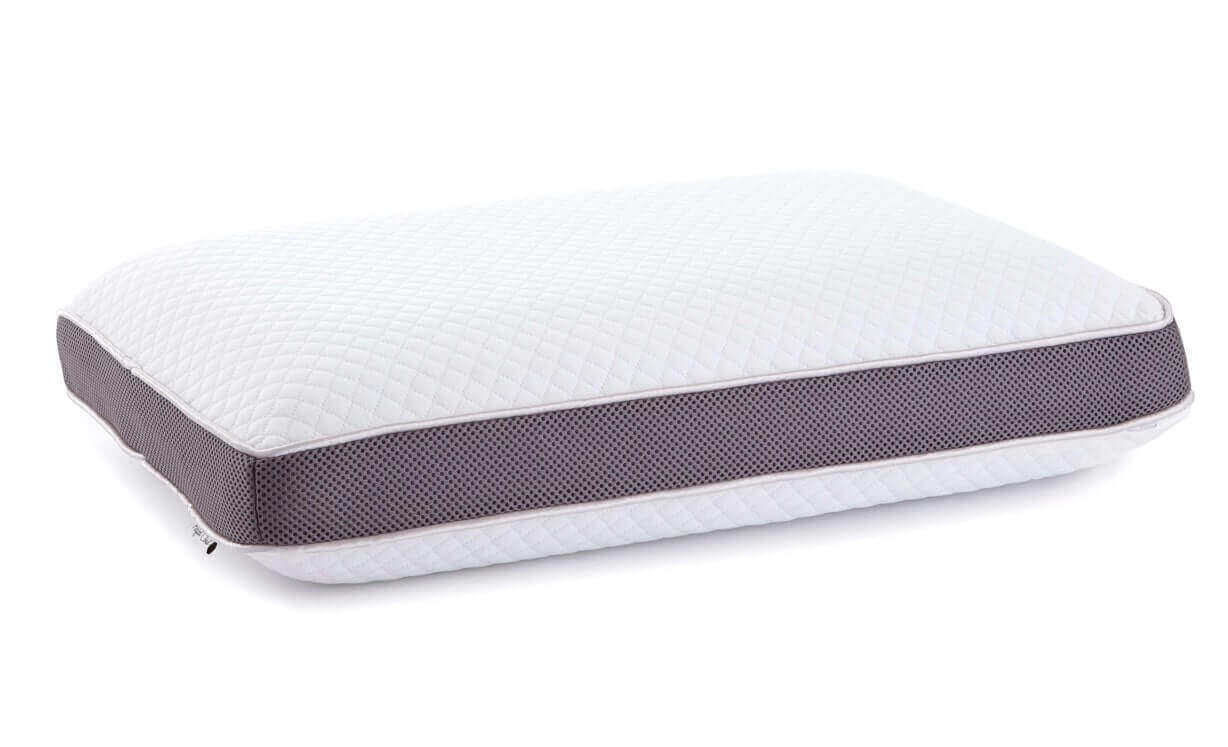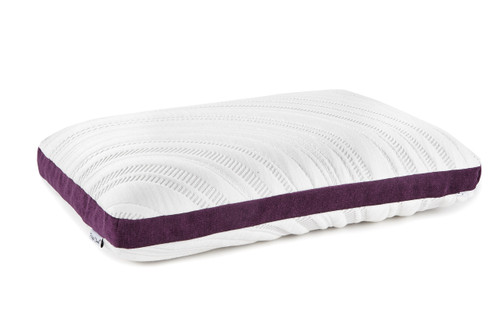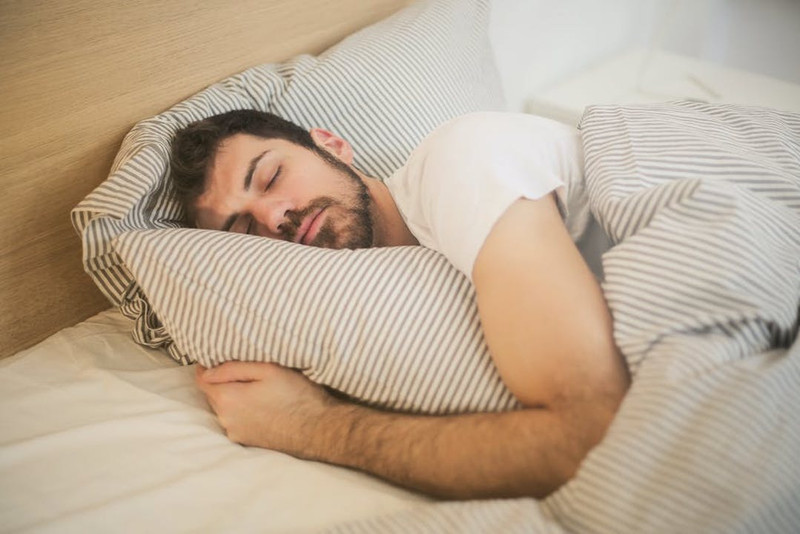Difference Between Sleep Quantity & Quality
Posted by Jamie on 29th Feb 2020
Most people assume that sleep is all about quantity. In other words, the more hours you get, the better. But this isn’t necessarily true. There’s often a stark difference between quantity and quality. Knowing the difference will allow you to get better sleep on a nightly basis.
What is Sleep Quantity?
Sleep is frequently discussed in terms of quantity, so it makes sense that we start by discussing the issue of how much sleep people need in order to be happy and healthy. And though people commonly toss around eight hours as a general rule of thumb, it’s impossible to paint such a broad brushstroke and expect every individual to get the results they’re looking for.
Researchers have tried for many years to pinpoint the exact amount of sleep people need in order to maximize their potential, yet have found it difficult. Every individual has a proprietary blend of biology, genetics, and circumstantial factors. To say that everyone needs the same amount of sleep would be shortsighted. However, sleep experts are able to offer recommended sleep windows that are optimal for health.
The National Sleep Foundation (NSF) is the leading voice on this topic. For years, they’ve put out recommended sleep ranges for Americans and organized them by age group. A couple of years ago, an expert panel of 18 leading scientists and researchers were asked to update the official recommendations.
“The NSF has committed to regularly reviewing and providing scientifically rigorous recommendations,” says Max Hirshkowitz, PhD, Chair of the National Sleep Foundation Scientific Advisory Council. “The public can be confident that these recommendations represent the best guidance for sleep duration and health.”
According to the latest NSF guidelines, here’s the recommended sleep time for each American age group:
- Newborns (0-3 months): 14-17 hours per day
- Infants (4-11 months): 12-15 hours per day
- Toddlers (1-2 years): 11-14 hours per day
- Preschoolers (3-5 years): 10-13 hours per day
- School-aged children (6-13 years): 9-11 hours per day
- Teenagers (14-17 years): 8-10 hours per day
- Young adults (18-25 years): 7-9 hours per day
- Adults (26-64 years): 7-9 hours per day
- Older adults (65+ years): 7-8 hours per day
Unfortunately, using sleep quantity as the number one predictor of adequate/healthy sleep leads many people astray. One person can get six hours of sleep and feel completely refreshed, while another person might spend nine hours in bed and wake up feeling tired and groggy. The explanation for this has less to do with sleep quantity and much more to do with sleep quality. And until you understand the difference/relationship between these two concepts, you won’t get the type of sleep you need to consistently feel healthy and refreshed.
What is Sleep Quality?
If sleep quantity is an objective, numerical number, sleep quality is a subjective explanation for how well you sleep. Some people judge sleep quality on how quickly you fall asleep and how well you stay asleep throughout the night. Other people believe that your quality of sleep is directly tied to how efficiently you cycle through the various sleep stages and enter into “deep sleep” and “REM sleep.”
At the end of the day, sleep quality is all about getting enough restorative sleep so that it replenishes your mind and body, and allows you to fully maximize your physical and cognitive resources to enjoy a safe, balanced, and productive day.
In order to feel and function your best on any given day, you need to prioritize both sleep quality and sleep quantity. While some people can get good quality sleep with six hours of shut-eye every night, it’s impossible to do so on three hours of sleep (for example). So even though sleep quantity isn’t a perfect prescription for rest, it does play a role. By following the NSF’s recommended sleep windows, you give your body every chance to perfectly optimize quality of sleep.
Effective Ways to Enhance Sleep Quality
It’s up to each individual to discover a sleep plan that works best for their own individualized needs, but here are a few general recommendations that will help people across the board:
- Be smart with your diet. What you eat and drink has a direct impact on your body’s ability to fall asleep. Try to avoid caffeine as much as possible - particularly in the late afternoon and evening. And although alcohol may help you fall asleep, it actually disrupts your quality of sleep later on during the night. Limit your consumption to one or two drinks and avoid drinking within three hours of bedtime.
- Optimize the bedroom for sleep. Your bedroom is a place for sleep, and it should be optimized as such. Avoid the temptation to work, eat, and watch TV in your bedroom (which limits your brain’s ability to shut off when you want to fall asleep). Optimize conditions so that they are cool, dark, and quiet.
- Maintain a schedule. Your body has an internal clock that is surprisingly precise. By going to bed and getting up at the same time each day - including weekends - you can actually train your body to fall asleep and wake up. (You might not even need an alarm clock!)
If you can do these three things, you’ll notice that your quality of sleep is enhanced to a significant degree. You may also find it helpful to cut out electronics, practice deep breathing exercises, and/or use natural supplements like melatonin to address underlying conditions that inhibit your ability to fall asleep and stay asleep.
Shop With Perfect Cloud
As you can see, the quality of your sleep is dependent on so many interconnected factors. From how much time you carve out for sleep to the type of bedroom environment you create, every little choice has a direct impact on how much rest you’re able to get.
At Perfect Cloud, it’s our aim to help make your decisions regarding mattresses and pillows easier than ever. All of our mattresses are built with premium materials that have been tested and certified to meet very specific criteria for performance and environmental impact. And we’re so confident that you’ll love our mattresses that we offer a 120-day sleep trial and 10-year warranty. Shop today and find the one that’s right for you!











